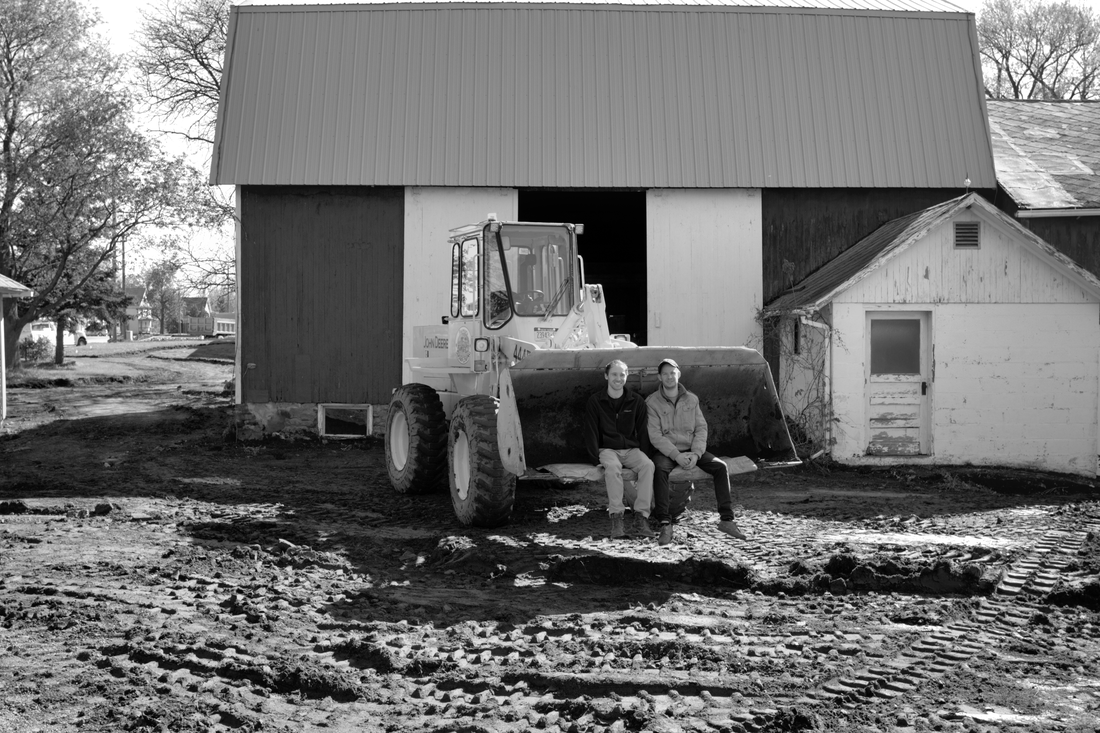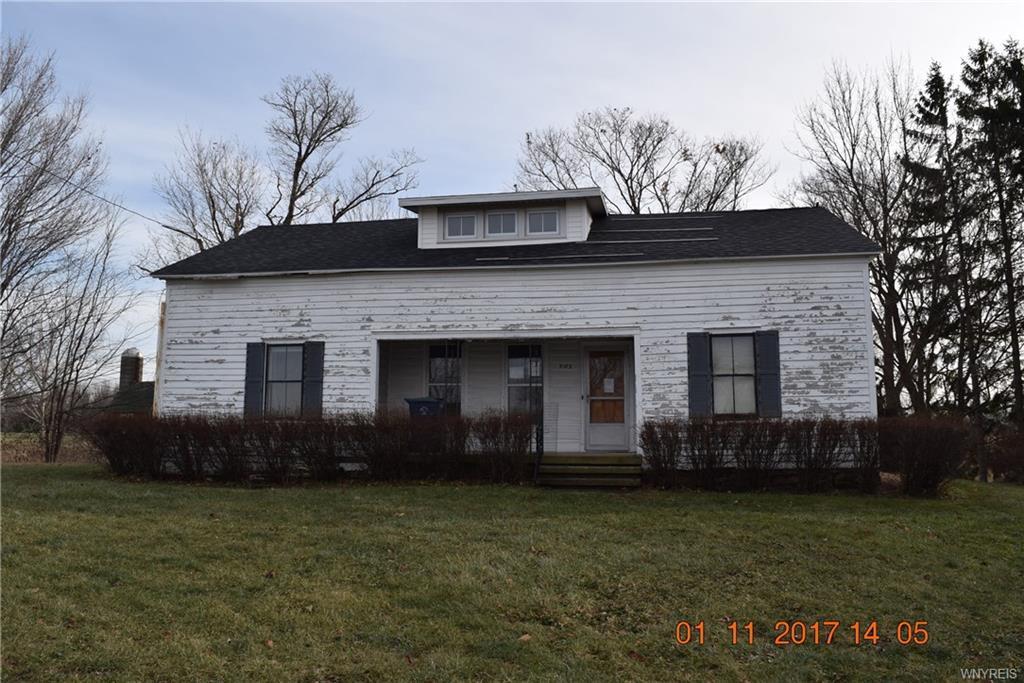|
The Forsyth-Warren Farm is the combination of efforts by local community members with the mission of preserving this historic site.
About the SiteThe Forsyth-Warren Farm is significant as an intact example of an early nineteenth century pioneer homestead from the first phase of Euro-American settlement of the Niagara Frontier. Prior to the War of 1812, the Niagara Frontier had a number of small taverns, the nearest of which was located in the small neighboring hamlet of Molyneaux Corners, several miles to the west on the Ridge Road. Few, if any, small wood framed taverns dating from this earliest period of pioneer settlement of western New York remain. Despite minor modifications both the former tavern and its associated barn retain the basic elements of their architectural integrity in terms of their setting, design and construction. Warrens Corners remains a small, rural hamlet much as it did during the early years of the tavern’s existence. Both the tavern and barn are representative of the building style used in a pioneer setting during the first years of the nineteenth century. Building materials used in their construction were obtained and processed locally and the pioneer homestead comprised by the tavern and barn exemplify the Jeffersonian notion of the independent farmer as the bastion of democracy. Historically, the Forsyth Tavern is part of the great westward expansion from the Atlantic coast into the interior regions of the continent. It is historically significant for its association with John Forsyth and Ezra Warren, early settlers who founded the hamlet of Warren’s Corners. The property is further significant for its association with the War of 1812 when soldiers were housed in the tavern and the barn was used to store supplies.
|
Johnathan Newman and Tyler Booth first tried to save the historic Tavern in 2015. At that point the Tavern had sat abandoned for nearly a decade. The interior was left open to vandalism, looters, and wild animals, and the roofs of both the tavern and its barns had experienced partial collapses that allowed rain and snow to penetrate the buildings. Their efforts at that time were unsuccessful.
Then in 2017, the Tavern was placed up for auction by the U.S. Department of Housing and Urban Development. The property was passed up by the Town of Cambria, wherein it sits, and all local nonprofit organizations. Tyler Booth and Dr. Lizbeth Booth were able to purchase the property in the third round of bidding. In doing so, they almost certainly saved the site from demolition.
In 2018, the Booth and Newman families created a plan to safeguard the property by creating a nonprofit to fundraise the preservation and development of the site as a museum and working farm.
They met great success and support from the community and the Museum that they founded became a 501(c)(3) organization in 2020; but, shortly thereafter was shut down by the Town of Cambria in a secret meeting.
From 2020-2023, the historic Tavern again sat abandoned while the Museum fought with the Town of Cambria in the New York State Courts.
The project's matriarch, Dr. Lizbeth Booth, passed away after a long battle with cancer in 2021.
Two years later, the site's stewards decided to have one more go at preserving this historic site and started the campaign to Save the Tavern and open the Forsyth-Warren Tavern Living History Farm and Museum once again.








